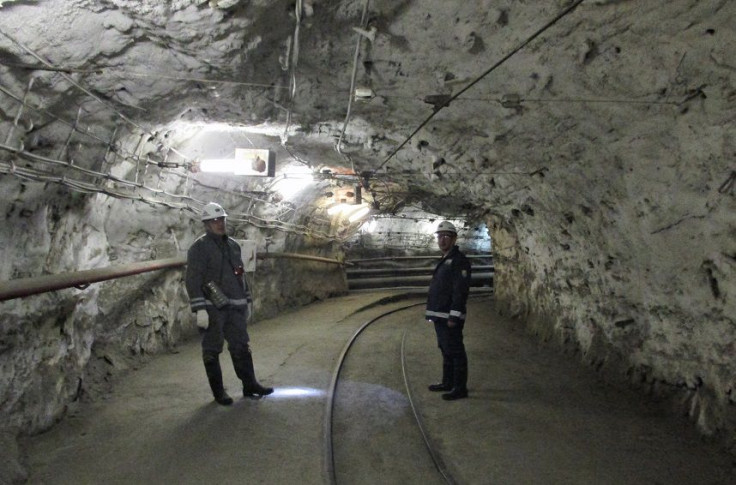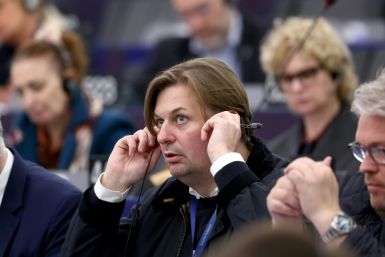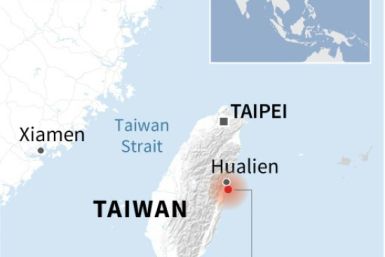Russian, Australian Mining Giants To Start Development Of New Projects

Nickel and copper are two of the most in-demand minerals globally, and mining giants are expanding their businesses in other countries to obtain these resources. Norilsk Nickel, the world’s top nickel producer, is currently engaged in advanced talks with Chinese companies in hopes of attracting investors for a new copper deposit.
Taking cues from Russian mines that are looking eastward for financiers, Norilsk Nickel sought financial assistance from Chinese companies amid Western sanctions imposed on Russia. Vladimir Potanin, chief executive and largest shareholder of Norilsk, says the Western sanctions only sped up the grants from the Chinese.
“I think it was already in the minds of our leaders and our government but sanctions accelerated this process,” Potanin said in a report by the Financial Times. Norilsk is not directly affected by the Western sanctions following Russia’s intervention in Ukraine, even if the company’s former president, Andrei Klishas, was blacklisted by the European Union.
Norilsk is not exactly having a monetary crisis, since the company is sitting on a US$30 billion [$38 billion] market value and is essentially the world’s largest nickel producer. The company's new Bystrinsky copper mine in Russia is its latest project, and management is hoping that this mine could specifically cater to the Asian market.
Analysts firmly believe that there will be a copper shortage in the next few years, and this could be particularly beneficial for China, a country that remains to be the top consumer of the metal in the world.
At the moment, Norilsk is in talks with several Chinese companies that are willing to buy copper from the Bystrinsky mine, which is located at approximately 100 kilometres from the Chinese border. Norilsk is positive that the purchases will inspire long-term lending from China’s top banks for the mine.
To lessen risks should a financial crisis occur in China, the company’s backup plan is to connect with a Russian state-owned banks such as Vnesheconombank, which had already lent US$1 billion to the Bystrinsky mine.
“With the Chinese partner and the access to Chinese finance we could explore more around the [Bystrinsky mine]. It’s a matter of longer-term and cheaper money… they have deep pockets,” added Potanin.
Norilsk remains to be Russia’s largest and most influential producers of nickel, though several developing mines in the country are also showing some potential. Amur Minerals Corporation (London AIM:AMC) in the Russian Far East has just received the approval of Russian Prime Minister Dmitry Medvedev for its mining license to begin production at its Kun-Manie site. The project possesses 67 million tonnes containing nickel and copper.
Meanwhile, Australian company, Axiom Mining, has raised $4 million for its Isabel Nickel project in Solomon Islands. Proactive Investors reports that the company has attracted a number of institutional and high net worth investors to continue the development of the said mine.
Isabel is one of the largest nickel laterite deposits in the Pacific. Axiom Mining is looking at starting operations at the mine by the end of the year. The project is rich in mineralisation, and Axiom has discovered more high-grade nickel in the deposit earlier this month. Isabel possesses a staggering 159 million tonnes equivalent to 1.045 percent nickel and 0.07 percent cobalt.
Contact the writer: a.lu@ibtimes.com.au






